Diocese of Hereford Multi-Academy Trust
Our Family of Academies


Spirituality at Condover
Spirituality is not easy to explain. It means many things to different people and can seem complicated. At our school, we have thought carefully about what we mean by 'spirituality'.
We are all spiritual beings. This is not necessarily linked to religion. People of any faith and of no faith can be spiritual. We have explained what it means for us, below.
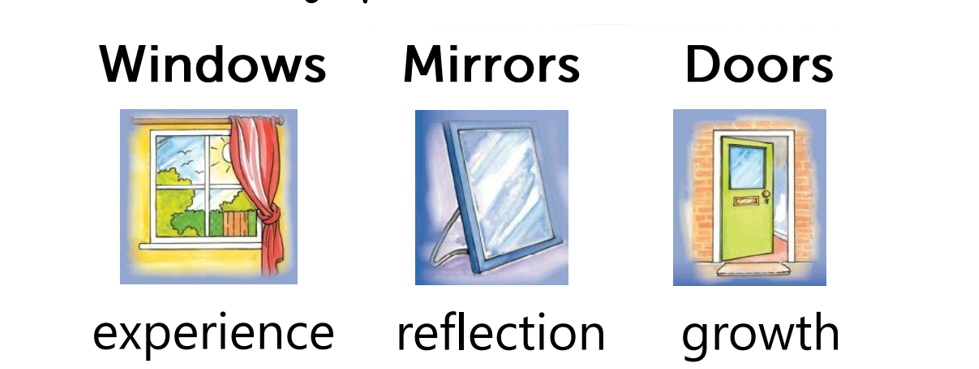
For us, 'spirituality is a sense of something bigger than ourselves.'
Spirituality enhances and enriches worship and children's spiritual development. For us, this is through the way that we think and feel, how we relate to and reflect on life’s events as we grow. It is the way we are aware of, and choose to spend time with, others. It is how we see the world and reflect upon the things which are much bigger than us and our time on earth. Spirituality is not something we can see or touch - we feel it inside all of us. It might be a sense of awe and wonder. It might be a sense of empathy and compassion. It might be a sense there are important questions to be asked which might not have obvious answers. It might want us to laugh, cry, sing, be creative or be still. We might have spiritual experiences with others or we might have them on our own. Spirituality is a sense of something bigger than ourselves.
How do we nurture spirituality at Condover CE Primary?
- Our school Christian values are taught, lived out and celebrated. Our popular values stickers are a practical way of rewarding each value in action!
- We make sure there are times of peace and for reflection in the school day.
- We spend time in special places such as St Andrew and St. Mary's Church and other places of worship.
- We share art, music, stories and poems together.
- We share moments of awe and wonder.
- We encourage respectful debate and questioning and make sure children feel secure enough to ask those 'big' questions.
- We foster a love of creation through our school grounds including our Forest School area, our spiritual garden and through school visits.
- We encourage the spirit of 'courageous advocacy' and standing up for what we believe in.
- We share different ways of exploring spirituality in worship e.g. looking at different religious art and icons, using candles, holding worship outside.
- We practice gratitude - we take time to give thanks and show thanks for the things, the actions and the people that bring us joy.
- We learn about our feelings, how to recognise them and live with them.
- We foster reflective thinking linked to our Christian values, encouraging us to look inward at our own behaviour and thoughts, outward at the wonderful world around us and considering actions of ourselves and others which make a difference moving forward.
- Through our school vision of 'Love each other and know we are loved', we foster kindness, appreciation and love for others, supporting all children and adults in our school to be 'bucket-fillers'. The concept of these 'invisible buckets' fosters the development of spirituality in both ourselves and those around us.
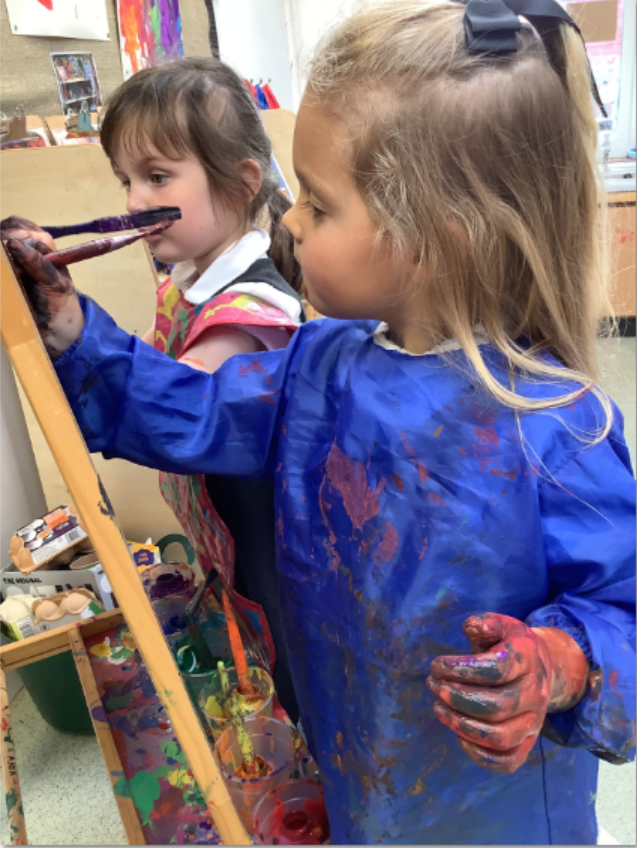
Parents and Children's Spiritual development: A Faith in the Nexus Animation
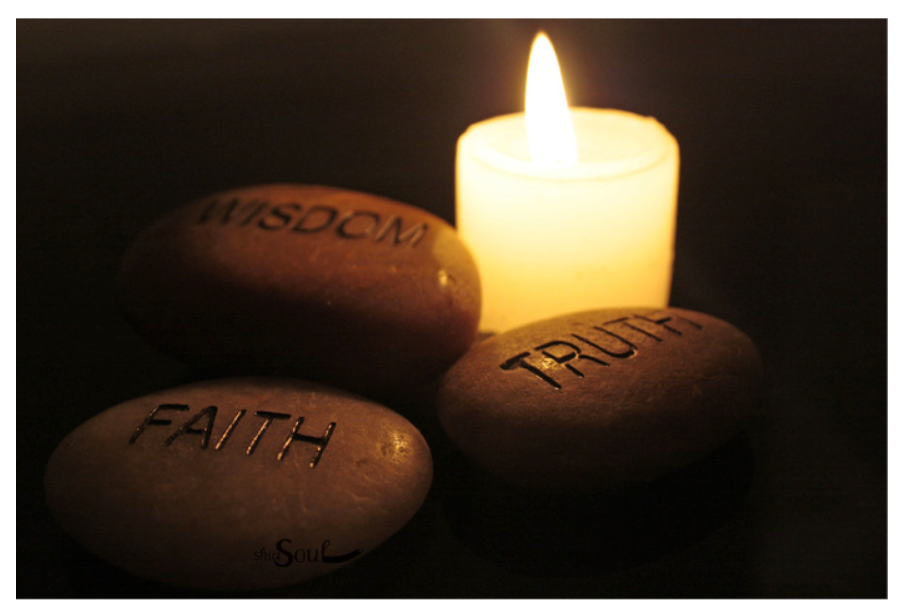
What are ‘spiritual skills’?
- Honesty and acceptance of oneself
- The ability to be still and focused
- The ability to relax and be calm
- A sense of empathy for others – to be able to show consideration for their feelings
- The capacity for forgiveness
- Being able to find hope when things are difficult
- Being able to let go of things that are causing hurt
- The ability to know when you need to stop and ‘recharge’
- The ability to know and name your feelings
What will a spiritual learner be like?
- Be comfortable with who I am and be happy being me
- Be happy being silent sometimes
- Appreciate what is good
- Respect people, places and things
- Use my senses to reflect and learn
- See rather than look, listen rather than hear, feel rather than touch
- Take joy in simple things
- Be at peace
- Show an understanding and appreciation towards others
- Recognise when I am stressed and calm myself
- Reflect and wonder about the bigger picture and God
We have been finding out about the different spiritual styles that we may each have and ensuring that there is something for each of these spiritual learners throughout our school day.
Have a look and see whether you can recognise yourself!
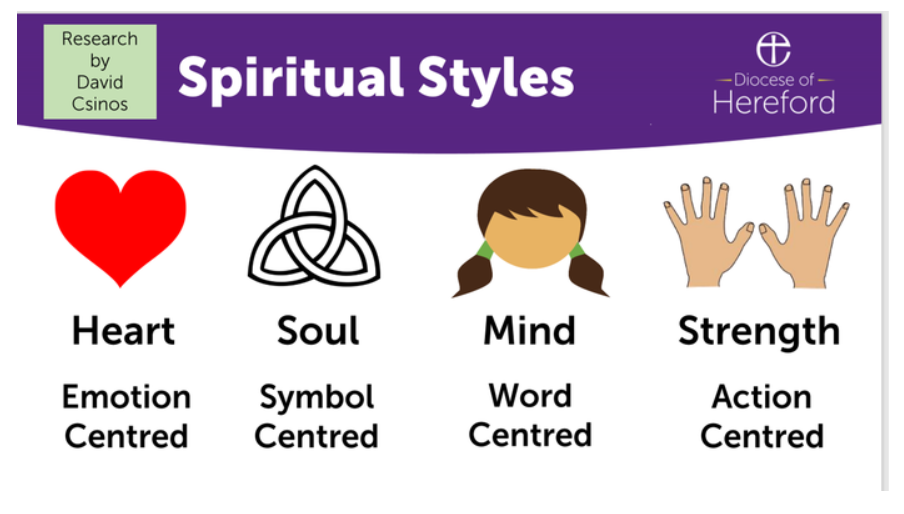
- For the emotion-centred person, feelings, music, the arts and especially singing are at the heart of their spirituality.
- The symbol-centred person values silence, reflecting on mysteries, nature and using symbols to represent what can't be fully explained.
- The word-centred style values knowledge, talking, reading, learning and stories.
- The action-centred person is inspired by acts of compassion and justice and will take action of their own to make a positive difference.
...or maybe you recognise aspects of your own spirituality in different styles?
Our latest exciting project is to further develop a multi-sensory spiritual garden in the school grounds, providing a quiet space and offer opportunities for thinking and reflection outside.
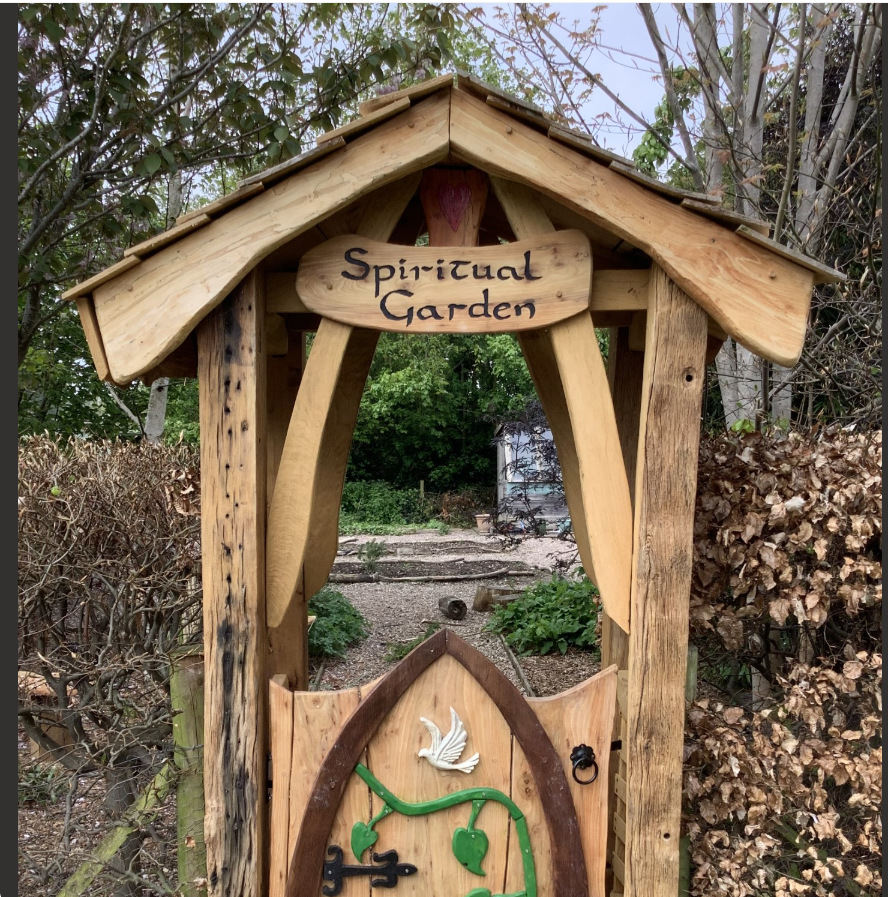
The prayer life of our school matters. From class and lunchtime prayers, to the school prayer, the Lord's prayer and individual prayers we give time, space and value to prayer.
Our trust contributes to our spiritual life through providing a framework for us all to work within. From its values of grace, service and family, to communication with schools and families, through giving time for reflection, through prioritising worship and through the trust's ethos committee, a direction of travel.
Why are we talking about spirituality at school?
Recognising the importance of and nurturing our spiritual development is important to us. It can seem complex but we all have an inborn spirituality.
What can parents do to support their child's spiritual development?


CondoverC of E Primary School
Contact Us
Condover CE Primary School, Station Road, Condover, Shrewsbury, SY5 7AA